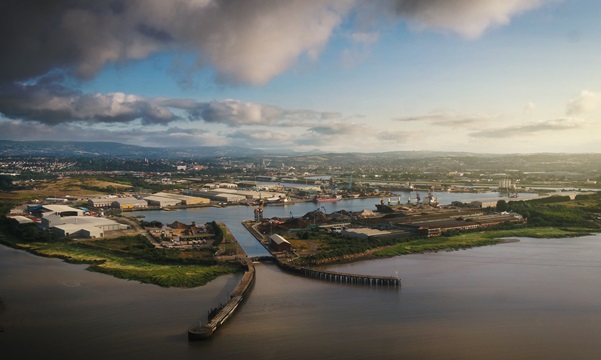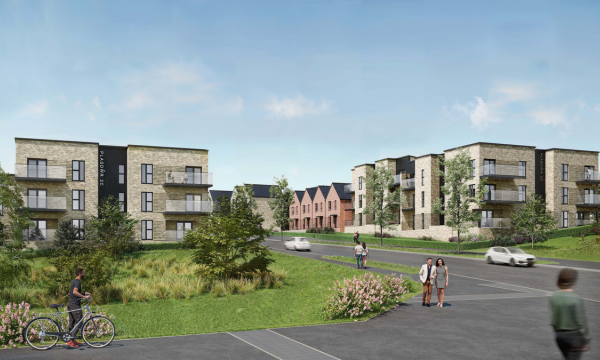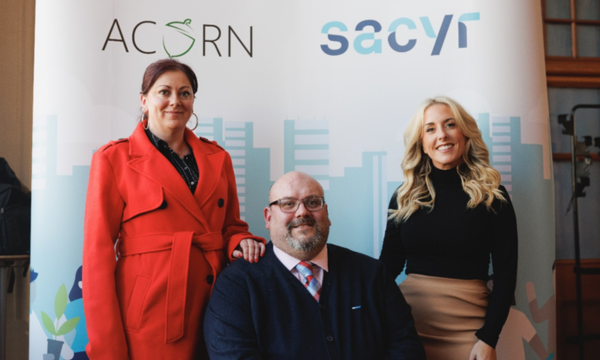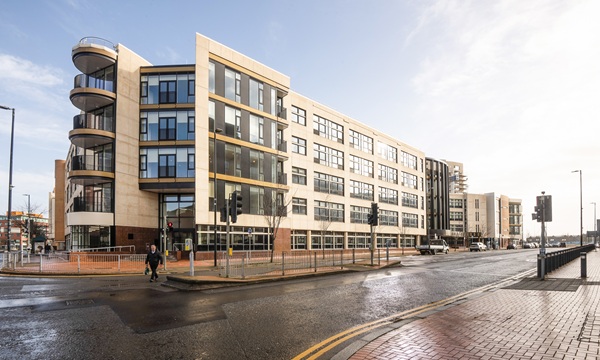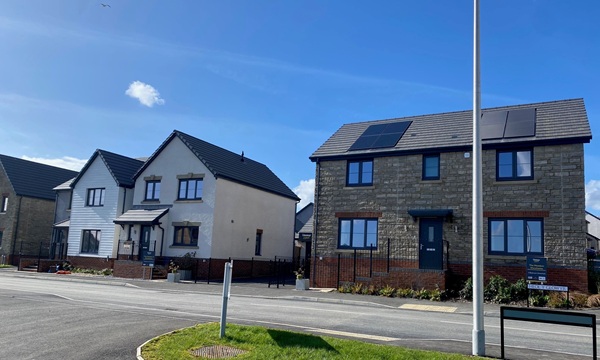
GUEST COLUMN:
Phil Jardine
Partner
Blake Morgan

The word ‘planning’ suggests foresight, preparation, and a structured approach to future needs. But when it comes to housebuilding in Wales, planning has too often been reactive rather than proactive.
Instead of anticipating demand and putting the right processes in place, we are dealing with a system that struggles to keep pace, causing delays, increasing costs, and ultimately holding back the delivery of much-needed homes.
The Welsh Government has set a target of delivering 20,000 new low-carbon homes for social rent during this Senedd term. The scale of the ambition is clear, but progress remains slow. In the first two years, fewer than 6,000 homes were built – not even a third of the target. At this rate, the shortfall will only grow, adding to the pressures already facing communities across Wales.
It is not for lack of effort from housebuilders. A significant number of planning applications have been submitted over the past five years, but many remain stuck in the system. The logjam is real, and the consequences are far-reaching. The planning system is not just about permissions – it is central to how we design and build communities. Yet the process has become so drawn out that it is acting as a barrier rather than an enabler.
Local authorities are at the heart of planning, yet many planning departments are under-resourced and struggling with workloads. Delays in local development plans add further uncertainty, creating a system that lacks both speed and consistency. Meanwhile, infrastructure planning – covering transport, utilities, and services – has often been treated as an afterthought, rather than forming part of an integrated approach to development.
The issues are not limited to planning alone. The wider construction sector is facing its own challenges, from skills shortages to rising costs. Labour availability remains a concern, with an ageing workforce and declining interest in vocational careers. The cost of materials has surged, making projects more expensive to deliver. These pressures, combined with planning delays, create an environment where getting homes built is harder than it should be.
Yet, despite these challenges, Wales cannot afford to stand still. Housing is fundamental to economic growth, social wellbeing, and sustainability. When new homes are built, they do more than just provide places to live – they create jobs, stimulate local economies, and support supply chains. Investment in housebuilding can help revitalise communities, particularly in areas that have seen economic decline. But for that to happen, the conditions must be right.
So, where should we start? Reforming the planning system is a logical first step. That does not just mean speeding up decision-making, but ensuring that planning is genuinely forward-looking. It means considering infrastructure needs from the outset, not as an afterthought. It means ensuring local authorities have the resources and expertise they need to process applications efficiently. And it means making planning a tool for delivering homes, rather than a barrier to doing so.
The long-term outlook for Wales depends on getting this right. The population is growing, demand for housing is rising, and urban centres are under increasing pressure. We need a system that is fit for purpose – not just for today, but for the years ahead. That requires a shift in mindset, from reacting to challenges as they arise to genuinely planning for the future.
The question is no longer whether Wales should prioritise housebuilding, but how it will overcome the barriers in its way. If we want a system that delivers, we need to stop being reactive and start being proactive. That is what ‘planning’ should mean.







